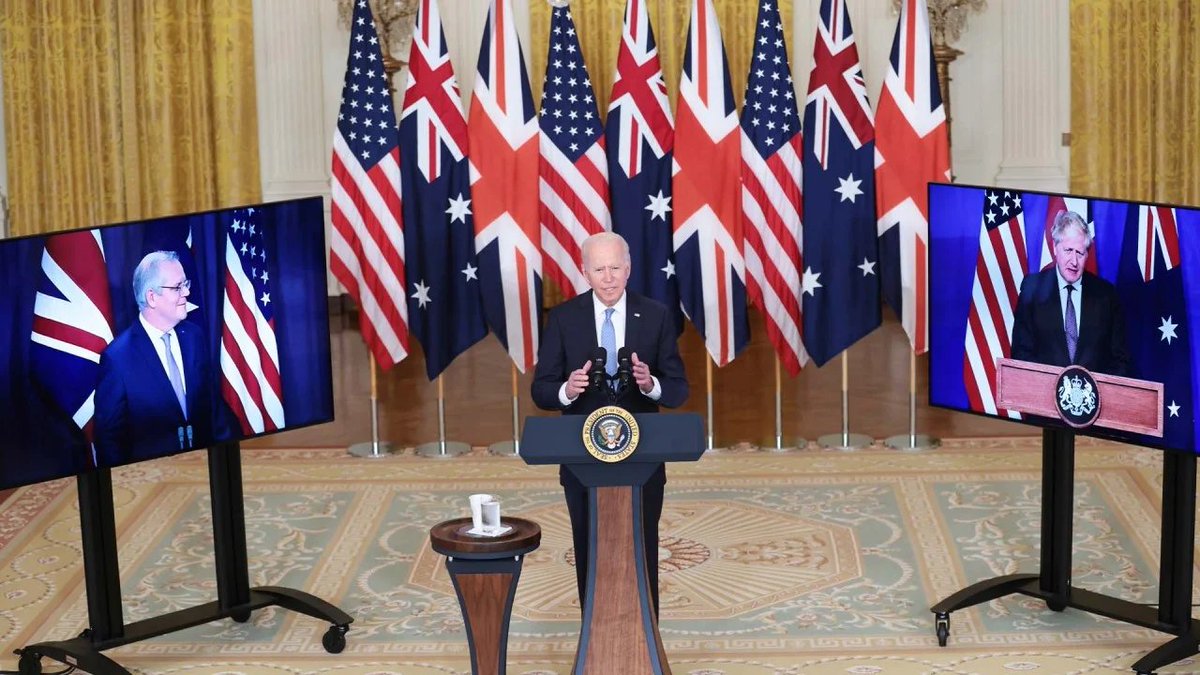
I asked my students to think about a surprisingly neglected question in international politics: why violence?
More directly, why do states resort to shooting guns at one another?
[THREAD]
More directly, why do states resort to shooting guns at one another?
[THREAD]

I'm not saying we neglect the study of war in general. As the title of the latest volume from @sbmitche & John Vasquez suggests, we actually know a lot about war
amazon.com/What-Do-Know-a…
amazon.com/What-Do-Know-a…
And there are a host of international relations scholars who spend a lot of time thinking about actual weapons.
As a recent example, see @Sannecjv's @WarOnTheRocks piece about hypersonic missiles
warontherocks.com/2021/10/chinas…
As a recent example, see @Sannecjv's @WarOnTheRocks piece about hypersonic missiles
warontherocks.com/2021/10/chinas…
Indeed, the international relations literature is full of phrases like "use of force" or words such as "conflict", "aggression", and, obviously, "war".
But the word "killing"? Or the word "violence"? Much more rare.
But the word "killing"? Or the word "violence"? Much more rare.
The reluctance of international relations scholars to talk directly of "violence" was a point Claire Thomas raised in this @RISjnl piece.
cambridge.org/core/journals/…
cambridge.org/core/journals/…
The reluctance to use the word "violence" when talking about international conflict stands out since scholars studying domestic conflict seem just fine with using the word, such as "political violence" or "electoral violence"
amazon.com/Electoral-Viol…
amazon.com/Electoral-Viol…
This is why I think feminist perspectives on international relations need to gain prominence. As @drljshepherd points out, this perspective takes seriously actual violence IN ALL OF ITS FORMS.
journals.sagepub.com/doi/abs/10.111…
journals.sagepub.com/doi/abs/10.111…
So why are scholars of international war seemingly reluctant to speak of "violence"?
Is it because there is a normative element in that word? Quite likely.
https://twitter.com/profTLe/status/1452857579042795522
Related to this normative element, keep in mind the apparent taboo in international politics to showing dead bodies
amazon.com/Global-Corpse-…
amazon.com/Global-Corpse-…
For me, the neglect in international politics of actual violence is due in large part to the dominance of the bargaining model of war. 

The model, as popularized by Fearon's seminal piece, does indeed explain why "conflict" and "disputes" fail to be preemptively settled.
cambridge.org/core/journals/…
cambridge.org/core/journals/…
But as I highlighted in another thread, the model doesn't actually tell us why the disputes become physically violent.
https://twitter.com/ProfPaulPoast/status/1421449154996449286
The "costs" that can be incurred by "side A" or "side B" could be from economic sanctions...
politico.com/news/2021/10/2…
politico.com/news/2021/10/2…
...or diplomatic spats...
nytimes.com/2021/10/18/wor…
nytimes.com/2021/10/18/wor…
...or even fines.
wsj.com/articles/polan…
wsj.com/articles/polan…
Given all of this and returning to the original question: why do states, from time to time, shoot "guns" (with "guns" broadly defined) at one another? 

I shared three broad categories of explanations with my students:
1) Violence is inevitable
2) Violence is useful
3) Violence is necessary
1) Violence is inevitable
2) Violence is useful
3) Violence is necessary
Each of these explanations could merit its own thread. Indeed, that is what I plan to do!
But here is the TL;DR version
But here is the TL;DR version
Violence is inevitable because the international system is made up of states whose identify is founded on controlling violence. This is the classic anarchy explanation.
amazon.com/Man-State-War-…
amazon.com/Man-State-War-…
Violence is useful because, going back to the bargaining model, death is the ultimate cost that can be imposed on another. Fear of that cost should, most of the time, induce agreement. As Tilly said, "coercion works"
amazon.com/Coercion-Capit…
amazon.com/Coercion-Capit…
Violence is necessary because, as we've known from a host of scholars (most notably John Vasquez), most "disputes" in international politics are over territory. Physical territory requires physical presence and force to hold
amazon.com/Steps-War-Empi…
amazon.com/Steps-War-Empi…
I will elaborate on each of these in later threads. But the above provides, I think, a starting point for actually diving into why physical violence in the form of shooting actually happens between states.
[END]
[END]
• • •
Missing some Tweet in this thread? You can try to
force a refresh









